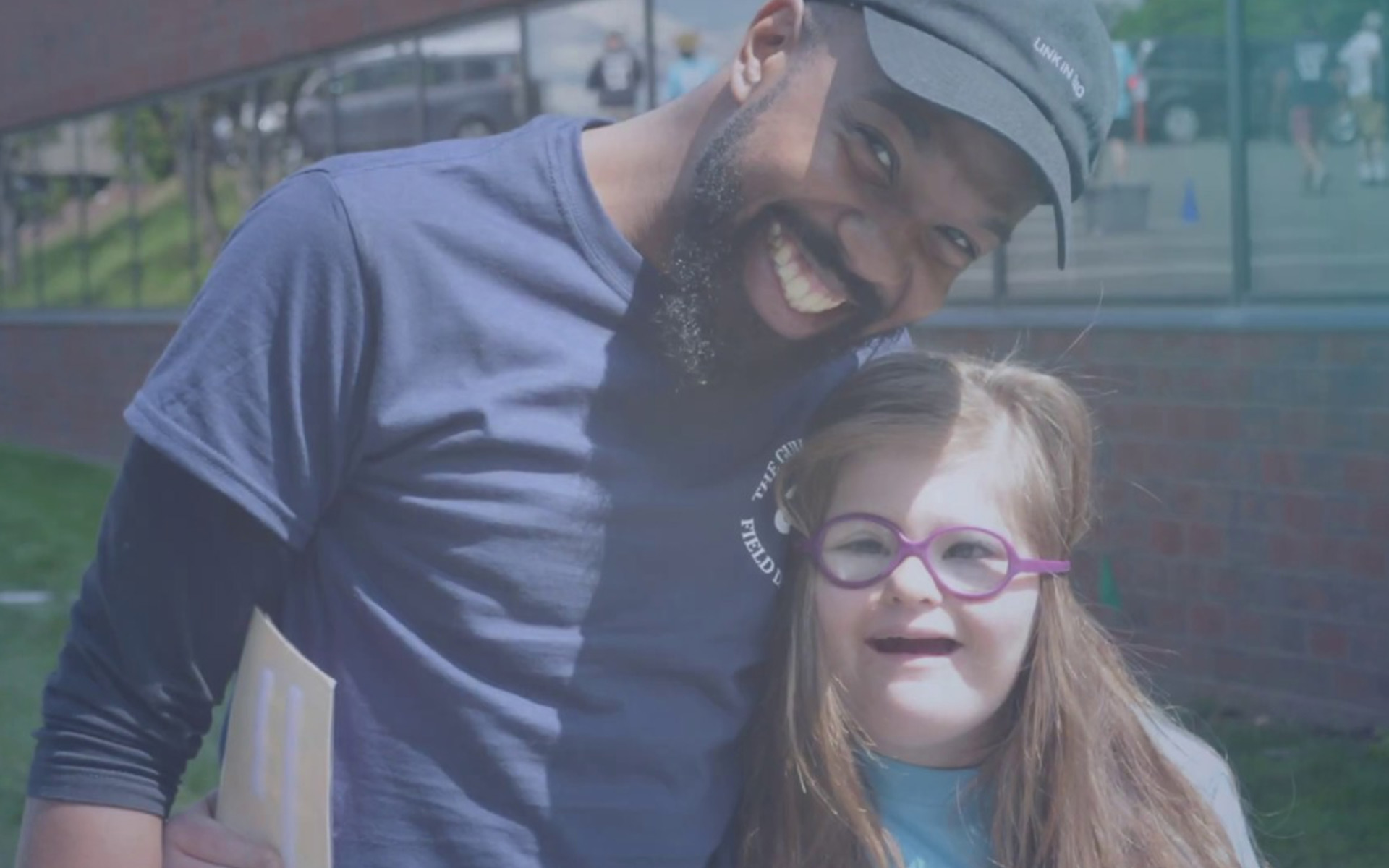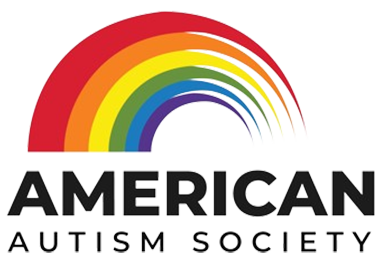Learn the Signs of Autism
One of the most important things you can do as a parent or caregiver is to learn the early signs of autism and become familiar with the typical developmental milestones that your child should be reaching.

What are the signs of autism?
The autism diagnosis age and intensity of autism’s early signs vary widely. Some infants show hints in their first months. In others, behaviors become obvious as late as age 2 or 3.
Not all children with autism show all the signs. Many children who don’t have autism show a few. That’s why professional evaluation is crucial.
The following may indicate your child is at risk for an autism spectrum disorder. If your child exhibits any of the following, ask your pediatrician or family doctor for an evaluation right away:
By 6 months
- Startle effect- when a light is turned on in a room toddler gets startled
- Few or no big smiles or other warm, joyful and engaging expressions
- Limited or no eye contact
By 9 months
- Little or no back-and-forth sharing of sounds, smiles or other facial expressions
By 12 months
- Little or no babbling, which would otherwise be the beginning of sentence formation
- Little or no back-and-forth gestures such as pointing, showing, reaching or waving
- Little or no response to name
By 16 months-18 months
- Loss of previously acquired words
- Very few or no words
By 24 months
- Very few or no meaningful, two-word phrases (not including imitating or repeating)
At any age
- Loss of previously acquired speech, babbling or social skills
- Avoidance of eye contact
- Persistent preference for solitude
- Difficulty understanding other people’s feelings
- Delayed language development
- Persistent repetition of words or phrases (echolalia)
- Resistance to minor changes in routine or surroundings
- Restricted interests
- Repetitive behaviors (flapping, rocking, spinning, etc.)
- Unusual and intense reactions to sounds, smells, tastes, textures, lights and/or colors
If you have concerns, get your child screened and contact your healthcare provider
The American Academy of Pediatrics (AAP) recommends that all children receive autism screening at 18 and 24 months of age.
Scoring Sheet for Toddlers
- If you point at something across the room, does your child look at it? Yes/No (FOR EXAMPLE, if you point at a toy or an animal, does your child look at the toy or animal?)
- Have you ever wondered if your child might be deaf? Yes/No
- Does your child play pretend or make-believe? Yes/No (FOR EXAMPLE, pretend to drink from an empty cup, pretend to talk on a phone, or pretend to feed a doll or stuffed animal)
- Does your child like climbing on things? Yes/No (FOR EXAMPLE, furniture, playground equipment, or stairs)
- Does your child make unusual finger movements near his or her eyes? Yes/No (FOR EXAMPLE, does your child wiggle his or her fingers close to his or her eyes?)
- Does your child point with one finger to ask for something or to get help? Yes/No (FOR EXAMPLE, pointing to a snack or toy that is out of reach)
- Does your child point with one finger to show you something interesting? Yes/No (FOR EXAMPLE, pointing to an airplane in the sky or a big truck in the road)
- Is your child interested in other children? Yes/No (FOR EXAMPLE, does your child watch other children, smile at them, or go to them?)
- Does your child show you things by bringing them to you or holding them up Yes/No for you to see – not to get help, but just to share? (FOR EXAMPLE, showing you a flower, a stuffed animal, or a toy truck)
- Does your child respond when you call his or her name? Yes/No (FOR EXAMPLE, does he or she look up, talk or babble, or stop what he or she is doing when you call his or her name?)
- When you smile at your child, does he or she smile back at you? Yes/No
- Does your child get upset by everyday noises? Yes/No (FOR EXAMPLE, a vacuum cleaner or loud music)
- Does your child walk? Yes/No
- Does your child look you in the eye when you are talking to him or her, playing with him Yes/No or her, or dressing him or her?
- Does your child try to copy what you do? Yes/No (FOR EXAMPLE, wave bye-bye, clap, or make a funny noise when you do)
- If you turn your head to look at something, does your child look around to see what Yes/No you are looking at?
- Does your child try to get you to watch him or her? Yes/No (FOR EXAMPLE, does your child look at you for praise, or say “look” or “watch me”)
- Does your child understand when you tell him or her to do something? Yes/No (FOR EXAMPLE, if you don’t point, can your child understand “put the book on the chair” or “bring me the blanket”)
- If something new happens, does your child look at your face to see how you feel about it? Yes/No (FOR EXAMPLE, if he or she hears a strange or funny noise, or sees a new toy, will he or she look at your face?)
- Does your child like movement activities? Yes/No (FOR EXAMPLE, being swung or bounced on your knee)
Total Score: 5 or above-Score indicates high risk . You should bring your child to a health care provider and early interventioin provider for full assessment.
This questionnaire is designed to screen for autism not otherdevelopmental issues. If you have concerns about any other area of your child’s development or behavior, please discuss thes concerns with your child’s doctor.
The Scoring Sheet for Toddlers can help you determine if a professional should evaluate your child. This simple online autism screen, available on our website, takes only a few minutes. If the answers suggest your child has a high probability for autism, please consult with your child’s doctor. Likewise, if you have any other concerns about your child’s development, don’t wait. Speak to your doctor now about screening your child for autism.
Resources
A diagnosis of autism is an important turning point in a long journey to understand your child’s world. Global Autism-America has many resources for families whose children have recently received a diagnosis.
These include Autism Speaks First Concern to Action Tool Kit and First Concern to Action Roadmap.

Keep in mind that not all concerns result in a diagnosis of autism or a specific developmental disability, but being proactive can make a world of difference.
It is important to remember that you know your child best. If you are concerned at any time, voice it!
Signs of autism in adults and teens
Do you suspect that your feelings and behaviors involve autism? Many people who have milder forms of autism go undiagnosed until adulthood. Find out more in our guide: “Is it Autism and If So, What Next?”
Keep in mind that not all concerns result in a diagnosis of autism or a specific developmental disability, but being proactive can make a world of difference.
It is important to remember that you know your child best. If you are concerned at any time, voice it!
Signs of autism in adults and teens
Do you suspect that your feelings and behaviors involve autism? Many people who have milder forms of autism go undiagnosed until adulthood. Find out more in our guide:“Is it Autism and If So, What Next?”
Please visit Treatment of Autism and our Autism Speaks Directory for more information. Have more questions? Autism Speaks’ Help Team can help you with information, resources and opportunities. Call us at 508-479-9573 (en Español ) or email help@GlobalAutism-America.US.
Recent research confirms that appropriate screening can determine whether a child is at risk for autism as young as one year. While every child develops differently, we also know that early treatment improves outcomes, often dramatically. Studies show, for example, that early intensive behavioral intervention improves learning, communication and social skills in young children with autism spectrum disorders (ASD).
